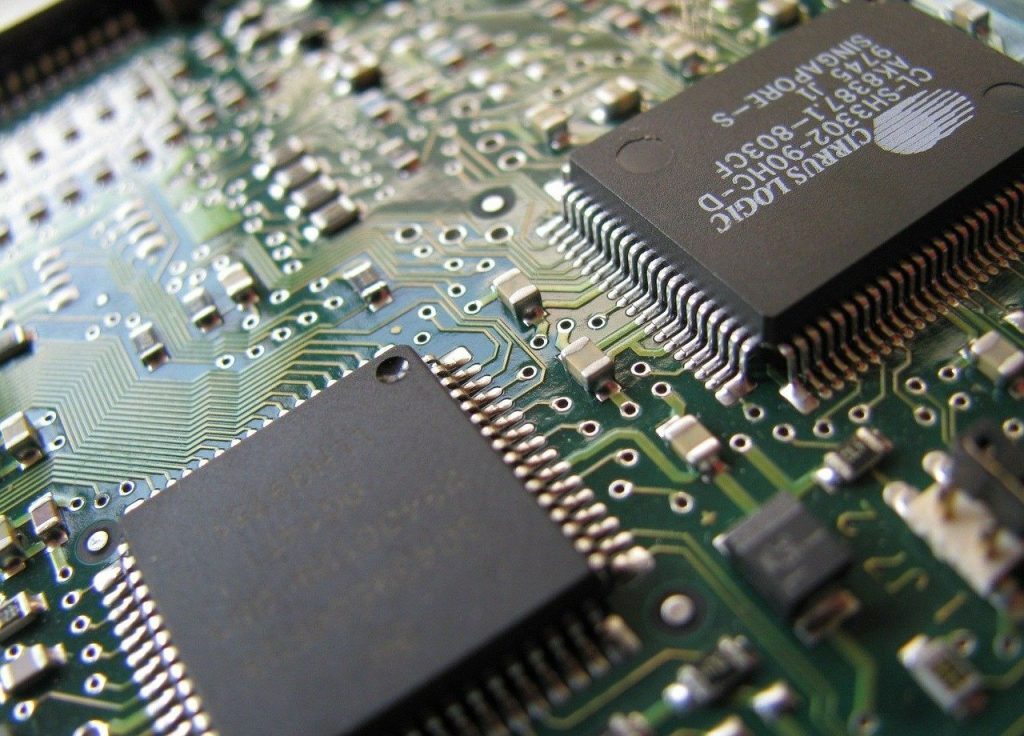In case you haven’t heard, there’s a global semiconductor shortage going on, affecting everything from the delivery of smartphones to the availability of games consoles. Partly the result of the ongoing pandemic, and partly because there are only two major sources for semiconductors on the planet (Samsung and Taiwan Semiconductor, which is being besieged by drought, of all things), so chips are at a premium for basically everyone.
And the increased reliance of motor vehicle manufactures on microchips means that the current shortage is also kicking the world’s automakers square in the nards — and a recent factory fire in Japan has just exacerbated the situation.
Spare some semiconductors, sir?
A fire broke out this past week at a factory in Hitachinaka, near Tokyo. The factory is a subsidiary of Renesas Electronics, which supplies a large percentage of its output (two-thirds of it ) to the auto industry. The fire took out a section of the factory’s clean room, wiping out production for at least a month. This puts Japanese automakers Nissan, Toyota and Honda in a bad position, though it appears that Toyota’s getting the worst end of the deal.
The Japanese companies join GM and Hyundai (which is expected to run into production issues next month), as well as Tesla, in battling for parts. Ford is building some vehicles without the missing chips, storing them until the hardware is available again, and then installing them. General Motors, according to a report, is just ploughing on ahead with building some 5.3-liter EcoTec3 V8 engines without a fuel management module, which isn’t doing those vehicles’ fuel economy any favours. The difference isn’t much — around 0.5km/l — but it’s enough to reflect on your gas bill at the pump. Or it would be, if they sold those behemoths here.
The upshot is that auto-makers all over the world are set to battle to find enough computing hardware to make all of their various product lines functional. There will be shortages, and vehicles prices are also likely to rise in the coming months. But at least you’ll be able to play games on your PS5 while you wait…
Source: Wall Street Journal, Ars Technica
